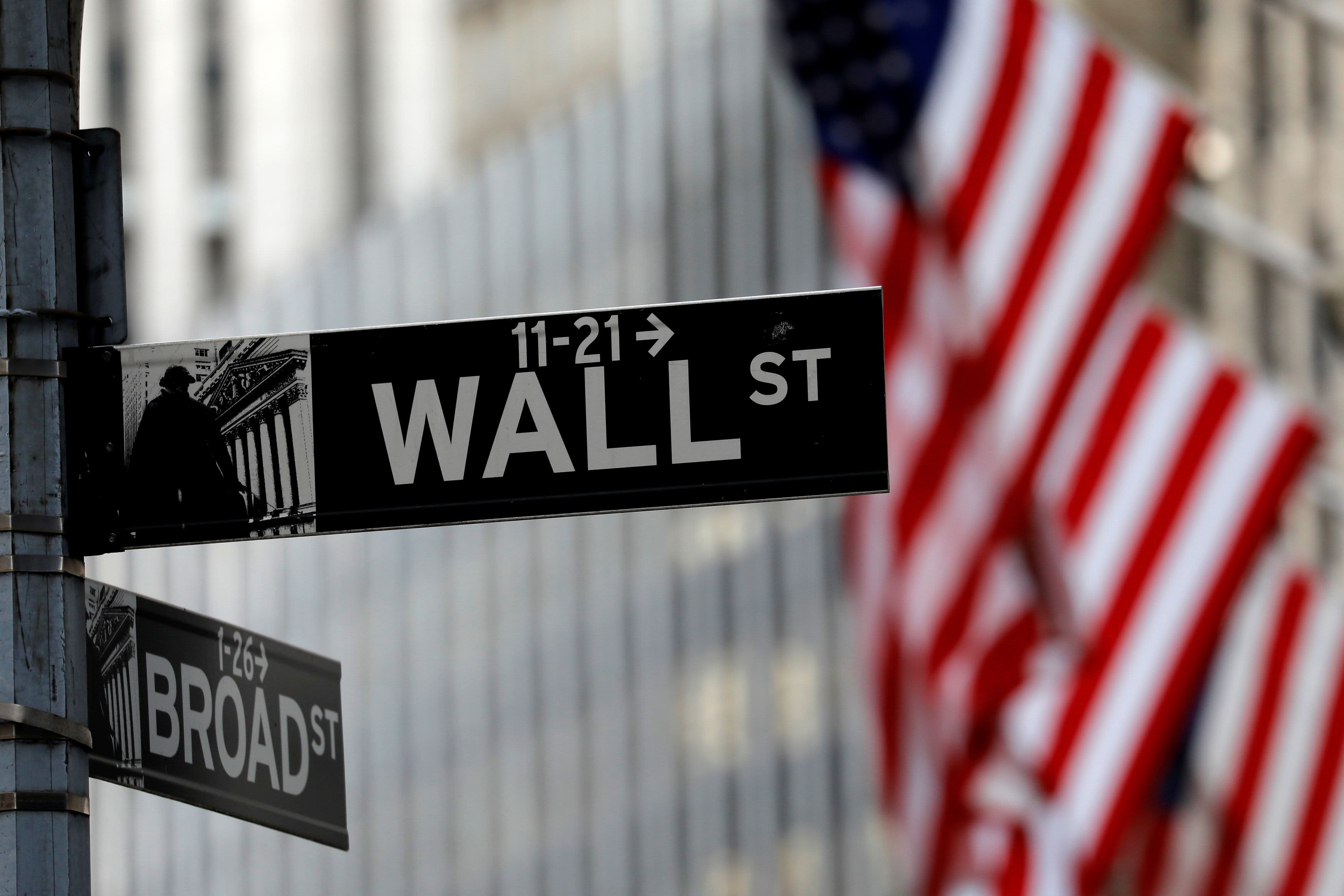
The diverging fortunes of major banks in the fallout from the Archegos Capital Management meltdown raise serious questions for global regulators, experts said.
Archegos’ forced liquidation of several of its positions triggered a fire sale of a number of U.S. media stocks last week.
Nomura and Credit Suisse announced Monday that they expect to suffer “significant” losses, after the multibillion dollar family office defaulted on margin calls last week. Both banks had served as prime brokers to the beleaguered hedge fund.
However, fellow brokers Goldman Sachs, Deutsche Bank and Morgan Stanley escaped relatively scot free, having already unloaded positions relating to their Archegos margin calls. The margin call defaults are estimated to have cost the banks around $ 6 billion in total.
Reports suggest that several of the banks had communicated with one another on the Archegos squeeze. Some proceeded to unload their positions in the nick of time, while others were left holding the bag.
Former SEC lawyer Mark Berman said regulators would be looking not just at how Wall Street prime brokers allowed Archegos to build such heavily leveraged positions, but also the banks’ collective approach to credit negotiations and risk management.
“If it is true that four major prime brokers, commercial banks, were sitting trying to negotiate a situation, what caused some of them to go out on the side and deal to reduce their exposure and let others sink?” said Berman, CEO of compliance consultancy CompliGlobe.
Berman and several experts told CNBC on Tuesday that the focus of regulators should be on the risk reporting by regulated entities such as investment banks.
Archegos reportedly purchased derivatives from the banks known as total return swaps, which enable investors to bet on share price moves without owning the underlying stock. The fund was therefore able to use loans to build outsized positions investing in global stock markets.
The banks issued margin calls on the hedge fund last week — a demand that Archegos deposit more money into its margin accounts or sell some of the assets held in them, in order to bring it up to the brokers’ required minimum value. The hedge fund proceeded to default on these calls.
‘Ring fencing’ revisited
“In terms of regulation, it is not so much necessarily about regulating the family firms — I mean, if they want to bet their money, that is fine — it is the fact that it is leveraged,” said Thorsten Beck, professor of banking and finance at Cass Business School.
“It’s the fact that the different investment banks have lent too much money and are now trying to unwind all of their positions in a rather uncoordinated way, so I think that is where the regulation has to start.”
Beck told CNBC that some regulators may look at “ring fencing” of banks’ operations, ensuring that if banks wish to lend to potentially risky clients such as Archegos, such activities must separate from the commercial bank and units that have implications for the real economy.
Since January 2019, large banks in the U.K. are required to legally separate their retail and investment banking operations to prevent shocks from the financial system negatively affecting consumer banking.
Unlike the former regulations in the U.S. under the Glass-Steagall Act of 1933, which were repealed in 1999, new U.K. legislation permits retail banks to be part of a larger banking group that also engages in investment banking.
The markets have largely shrugged off the Archegos fallout as an isolated incident, since only a limited number of investment banks seem to be affected.
Luke Hickmore, investment director at Aberdeen Standard Investments, who holds Credit Suisse debt in his fixed income portfolio, said the likely hit based on Monday’s equity movement was “probably not enough to stress their capital buffers to the point where the regulator steps in.”
‘The next shoe to fall’
However, Pluribus Labs head of strategy Greg Williamson suggested that there could be lasting effects from the issues highlighted by Archegos’ meltdown, which will come in the form of global regulatory change.
“Things like total return swaps just weren’t looked at for the positions that were held by the holders of the swaps. You really didn’t know what the risk exposure was of the portfolio that entered into the swap, but also of the bank that was on the other side of the swap,” Williamson told CNBC’s “Squawk Box Europe” on Tuesday.
“It is clear that neither of the parties were exercising risk control when they put these total return swaps on. I think the next shoe to fall will be an increase in regulatory oversight.”
Archegos founder and co-CEO Bill Hwang, who managed $ 10 billion of family money through the fund, previously worked at Tiger Management and pleaded guilty on behalf of his firm to insider trading in a case brought by the Securities and Exchange Commission in 2012.
“In all likelihood, we will see derivatives be added to additional scrutiny and probably the upstanding derivatives positions added to the capital bases of banks and investment banks, which could restrict activity in the future. I think that is the big shoe that could fall,” said Williamson.


